SUMMARY
This is AI generated summarization, which may have errors. For context, always refer to the full article.
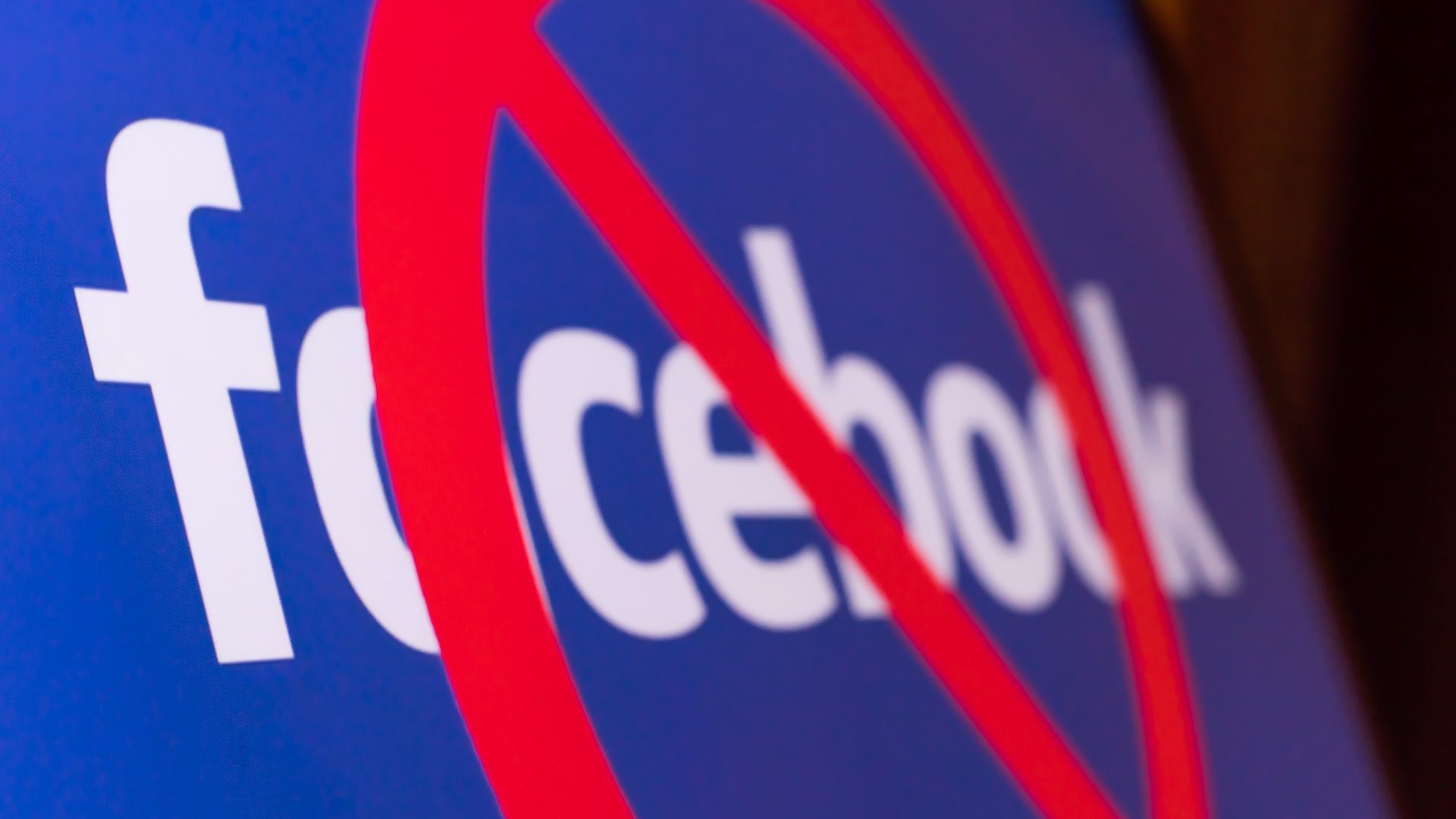
In an evening address on Monday, September 28, President Rodrigo Duterte threatened to stop Facebook in the Philippines after the social networking site took down a fake network linked to the country’s military and police.
“Facebook, listen to me. We allow you to operate here hoping that you could help us also. Now if government cannot espouse or advocate something which is for the good of the people, then what is your purpose here in my country?” Duterte said.
Duterte accused Facebook of “encouraging” communists by blocking the government’s efforts.
Facebook is home to countless pages advancing agenda from virtually anywhere in the political sphere, including President Duterte’s. It is where the notorious Mocha Uson Blog, which widely supported Duterte’s presidential campaign, gathered millions of followers.
Facebook is also the most used social media platform in the Philippines, with at least 96% of internet users aged 16 to 64 on it. Business data platform Statista ranks the Philippines the 6th country in the world with the most Facebook users as of July 2020.
Rappler earlier investigated Facebook pages that habitually publish disinformation, or amplify content from fake news purveyors.
Could Duterte join the list of countries that have tried to ban or restrict Facebook? Here’s what happened when some countries did:
Mainland China
The Chinese government places strict controls on the internet through its Golden Shield Project. Through Golden Shield, China’s Ministry of Public Security supervises and manages information systems. Known colloquially as “The Great Firewall of China,” the project restricts or bans content the government deems not of interest to the state.
One such website is Facebook, which China blocked – along with Twitter and Google – in July 2009. This was in the wake of independence riots in Xinjiang, where activists used Facebook to facilitate communication.
Chinese news website People’s Daily Online reported that “Chinese netizens agreed that Facebook should be punished for being a medium for ‘Xinjiang independence’ activists’ dissemination and inciting riots.”
In September 2013, China lifted the Facebook ban, but only for those living and working in the 28.78-square kilometer free-trade zone in Shanghai.
While the state believes the Great Firewall contributes to stabilizing Chinese society, it also worries Chinese who need the censored apps to communicate with people outside for personal, business, or academic purposes, according to academics from the New York Institute of Technology.
To circumvent the Great Firewall, people have turned to virtual private networks (VPNs) that hide their identities and locations. These have not been foolproof, however, as the government cracks down on these from time to time. The Philippines-focused Chinese network that Facebook also removed, along with the Philippine network, tried to conceal itself with VPNs.
Iran
The Iranian government blocked access to Facebook in May 2009 – a month before the presidential election.
While authorities often blocked websites and blogs considered critical of the Islamic regime, the timing of the block suggested it was intended to undermine opponents of President Mahmoud Ahmadinejad, the Associated Press (AP) reported.
Facebook was considered one of the only independent sources that Iranian youth could use to communicate.
The network continued to be banned, and Iranian Telecommunications Minister Mahmoud Vaezi rejected plans in 2013 to legalize it. The rejection came even as President Hassan Rouhani pledged to reduce online censorship.
Iranians throughout the years still used VPNs to access Facebook. Even politicians used Facebook and Twitter to boost their support in the 2017 elections. President Rouhani also opened a Facebook account at some point, although the links he posted on his official Twitter account are no longer accessible.
Facebook also took down Iran-led networks for engaging in inauthentic behavior and propaganda in 2019 and 2020.
Syria
In November 2007, Syrian authorities blocked access to the site as part of a crackdown on political activism, according to Syrian Facebook users in a Reuters report.
“Facebook helped further civil society in Syria and form civic groups outside government control. This is why it has been banned,” women’s rights advocate Dania al-Sharif said.
Syrians still found ways to use Facebook. In January 2011, opposition groups in Syria created a page called the Syrian Revolution “to end the domination of the mafia junta in Syria, which, through coups and heredity, seized the reins.”
The following month, the Syrian government began allowing citizens to use Facebook again. Human rights advocates, however, took the news with a grain of salt, as the government could have lifted the ban to monitor people more closely on the social networking site.
Nonprofit organization SalamaTech, whose site is in Arabic, offers tips on how to browse privately on Facebook and Google. Independent political news Facebook page Syria Breaking, which has more than 6 million followers, posted SalamaTech’s tips on Monday, September 28.
Facebook has included Syria in a list of countries that operated influence campaigns.
North Korea
In isolated North Korea, Facebook is reserved for the powerful. In 2013, North Korea’s state broadcaster provided livestreams of selected programming, including news bulletins, on its official Facebook page.
While many North Koreans don’t have access to the internet, it was in April 2016 that the North Korean government officially announced it blocked Facebook among other social networking websites to further control access to outside information.
Very few elite North Koreans have access to the internet, and the other few are limited to a state-run intranet.
While not much is known about North Koreans’ use of Facebook specifically, citizens continue to learn about the outside world through smuggled foreign media, according to Liberty in North Korea, an international non-governmental organization. – Rappler.com
Add a comment
How does this make you feel?
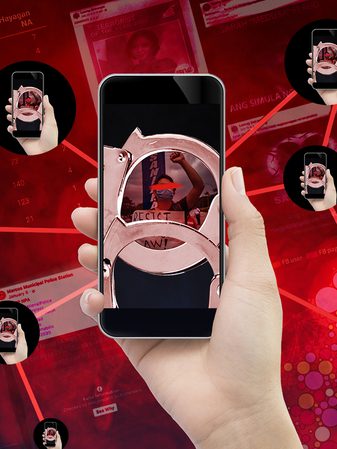
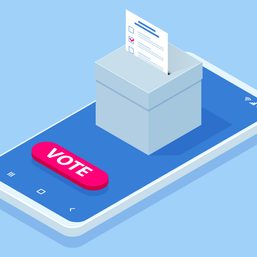
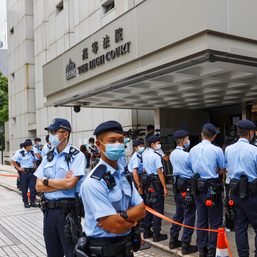
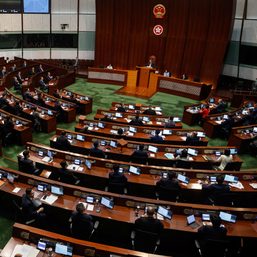
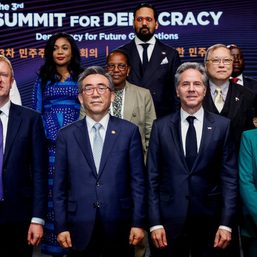

There are no comments yet. Add your comment to start the conversation.